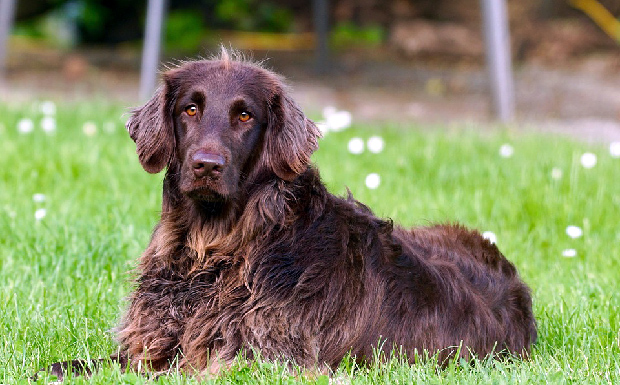
June 21, 2022
South Burnett dog owners living on rural residential properties will pay the same annual registration fees as town-dwellers by 2024.
Owners of entire dogs will see their yearly registration fee rise from $28 to $79.50 in November, and increase to $131 in November 2023.
The decision to equalise dog registration fees was made at last Friday’s Budget meeting.
Councillors were told that under current arrangements, rural residential dog owners enjoyed a significant cost advantage over town dwellers.
While residents living in designated areas (ie. towns and villages) have to pay $171 a year to register an entire, unchipped dog (or $33 a year for a desexed dog), residents living in rural residential areas pay just $28 a year for entire dogs or $10 a year for desexed dogs.
Officers said this arrangement was not only unfair to town dwellers, but left Council facing annual losses of more than $100,000 a year on its dog registration system – a shortfall that was currently being paid for by all ratepayers.
To counter this, officers recommended expanding the “defined area” from towns and villages to include rural residential areas.
This would increase the number of dogs captured by the registration system from 3658 to 5910, or close to 40 per cent.
They also recommended removing an existing discount for microchipped dogs because all dogs are now required by law to be microchipped.
They said if these things were done, registration fees for entire dogs could be reduced from $170 to $131 a year, and registration fees for desexed dogs could remain at $33 per year.
An existing 50 per cent discount for pensioners could also be retained, along with the $9 annual fee for working dogs on rural properties, and a zero annual charge for assistance dogs.
Cr Gavin Jones asked if it would be possible to phase in the increase for rural residential owners over two years to reduce bill shock, and officers said this could be done.
The motion to introduce the staged increase was moved by Cr Jones, seconded by Cr Jane Erkens and carried unanimously.
Councillors also asked staff to send a letter to all affected owners to advise them of the change and suggest options for having their dogs desexed if they want to minimise the November fee increase.








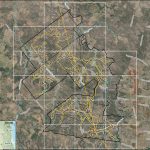

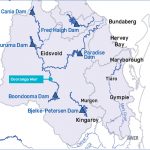
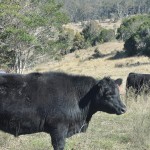

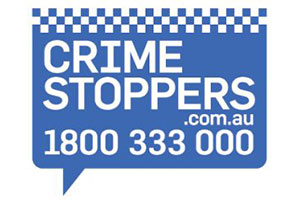










Councils provide services for fees eg water, garbage, local roads, etc but what I don’t get is what service does the council actually provide for these pet fees?
Council pound and ranger to collect stray dogs? Just a guess.
If stray dogs where collected just think about how much money the council would make.